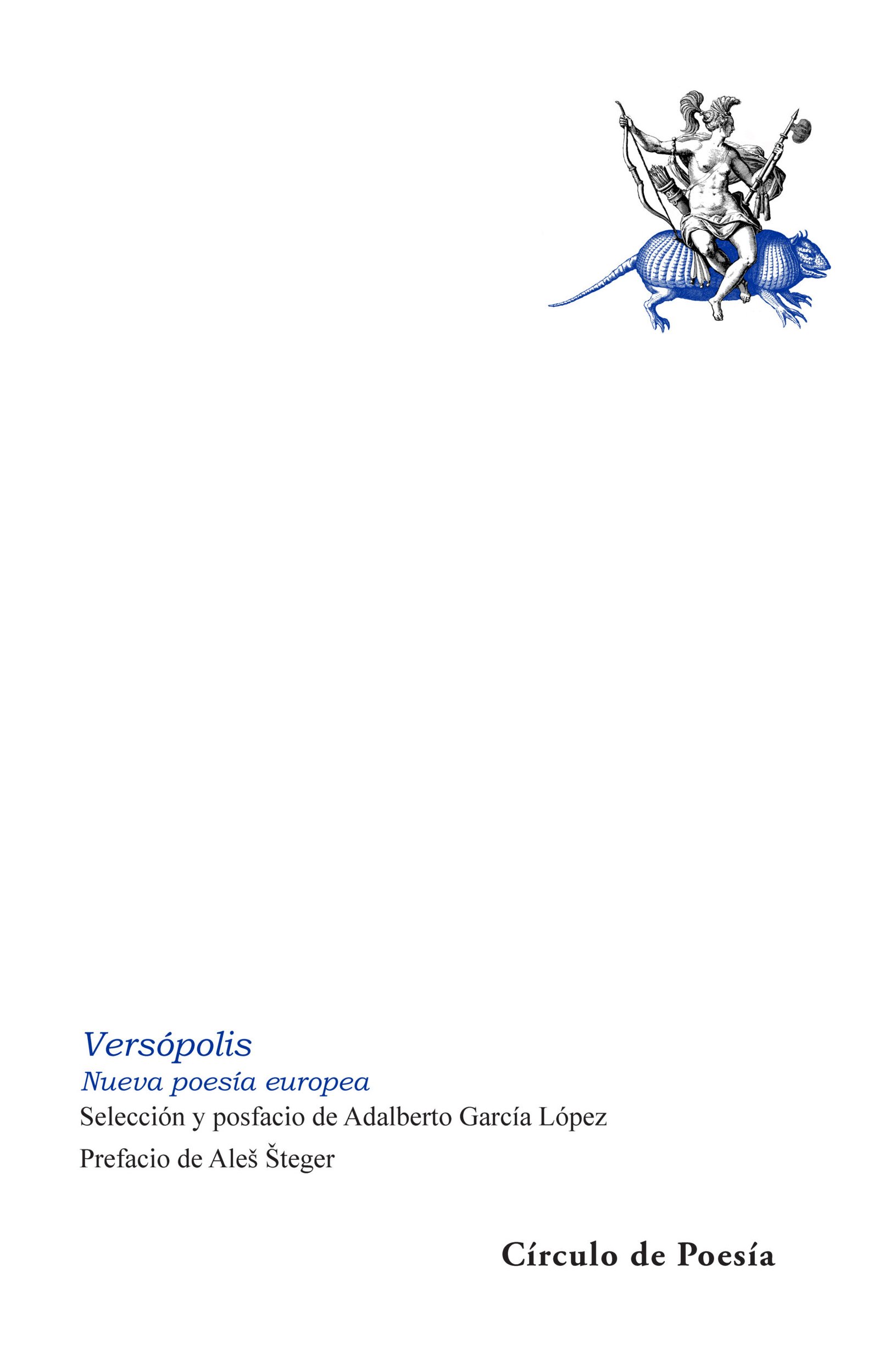Leemos, en versión de Arturo Desimone, un poema de Sophie Cabot Black. New York, New York. Se crió en una pequeña granja en Wilton, Connecticut. Tiene una maestría de la Universidad de Columbia. Su libro: The Misunderstanding of Nature (1994), ganó el Premio al Primer Libro Norma Farber de Poetry Society of America, su poemario; The Descent (2004), ganó el Premio del Libro de Connecticut. También es Premio de Poesía Grolier, 1988. Premio John Masefield de la Poetry Society of America, 1989, y Premio a los poetas emergentes de Judith’s Room, 1990. Sus poemas han aparecido en las principales revistas y antologías de EEUU, como AGNI, The Atlantic Monthly, Boston Review, The Paris Review, Poetry, Fence, APR, Bomb, The New Yorker, y The New Republic. Varias antologías también han incluido su trabajo, como More Light: Father & Daughter Poems, The Best American Poetry 1993 (editado por Louise Glück) y Looking for Home: Women in Exile. La traducción fue realizada originalmente en el contexto de la columna radial “La Maja Desnuda”, programa de Nidia Hernández.
SOBRE POR QUÉ NO VAMOS A PARAR
(DE TEJER SOMBREROS)
Esta vez no comienza con el castor,
Sino sencillamente a media-altura del monte
Donde pasan las ovejas que pastoreamos todos los años
Suficiente invierno para contestarnos, suficiente
para que esquiláramos, adeptos ante la tempestad venidera,
Para quitar del cuerpo lo que el cuerpo ya desconoció
Creció, y luego nos asombró cada primavera para poder sentir
El revivir del cordero, la pesadez repentina
cruzando nuevamente una pradera
cubierta de nieve. Todo con un ojo resguardado
en contra del jaguar, o otro animal semejante
cuyo ADN ya no
Resiste como antes, el coyote hoy por hoy
Mitad perro, medio lobo
Ya se hizo convencional. Hemos acudido a reconocer la verdad
Como cosa ya no verdadera – los modos antiguos ya no sirven
Ante la novedad. Cómo reconciliaremos la osa
Mientras que ella desciende hasta lo que llamamos nuestro
Y cómo preparar ante lo imprevisto
Mientras que arrojemos cada oveja convenientemente
sobre su espalda, empezando por la barriga
para esquilar, cortar,
Lavar, recoger, encartar, prensar, pesar,
Llevar al almacén donde todo será tejido, coloreado
Para obtener la lana que deseamos, sabiendo
que puede ser arreglada
Una y otra vez, sin mucha muerte
Porque la oveja se amanece, se sacude
convirtiéndose devuelta en lo que era antes: pasto, cordero,
Nos mira hasta que nos hemos retrocedido,
Mientras que encabezamos la ruta bajando del monte
Y en algo semejante a la habilidad, o la capacidad propia,
La condición de ser humano, o ser mujer,
O ambas, hemos intentado descoser todo aquello,
tirando a la luz del alba en un largo flujo
De racionalizaciones, cuales entraremos próximamente,
En madejas de diseños y colores
Variando el sentido de la sangre: tonos rosados,
Por ejemplo, la rosa o el carmín, la lujuriante o la casi-roja,
Tímida o cruda, sanadora o recién nacida,
Escarlata, fuego, florida, o color concha, o rubor
Cómo los dedillos de un niño que amanece,
Cada puntada para repetir, suturar y despachar,
Para terminar con esto, y convertirlo en aquello cuál
Llamamos sustentable, así que los que están detrás
Podrán elegir entre una variedad de matices, asimismo
Caminamos hacia adelante,
con las cabezas veladas
o sin velos.
AS TO WHY WE WILL NOT STOP
(MAKING THE HATS)
This time it does not begin with the beaver
Instead only halfway up the mountain
Where the sheep we keep each year come through
Winter enough to answer us, enough
For us to shear, deft before the coming storm,
To take away from the body what it did not know
It grew and then astonished each spring to feel
The quickening of the lamb, the heft of
Sudden weight crossing one more patch
Of snow. All with an eye out
For the cougar or some such animal
Of which the DNA is no longer
What it might have been, the coyote now
As part dog part wolf
Already commonplace. We have come to know the truth
As no longer true— the old ways do not work
Against the new. How to reconcile the bear
As she comes down to what we now call ours
And how to prepare for the unforeseen
As we throw each sheep handily on their back
To begin at the belly— fleece to shear,
To wash, and pick, to card, to bale, to weigh,
To the depot where all will be spun, dyed
Into the wool we want, knowing it can be done
Again and again without much death
For the sheep she rises, shakes herself
Back into where she was before: grass, lamb;
Watches until we have pulled away,
As we head back down the mountain—
And in something like ability, or capacity,
The condition of being human, or female,
Or both, we want to knit this out, into
Dawn light, into a long stream
Of making sense, into where we will go next,
Into skeins of design and colors
Of what blood can mean, pinks
Such as rose or carmine, wanton or nearly red,
Timid or raw, healing or newly born,
Scarlet, blaze, bloom, or shell, or blush,
Like the small fingers of a wakening child,
Each stitch to repeat, purl and dispatch,
To get this done, and into that which
We can call sustainable, so those from behind
Can choose from the any hues; likewise
To walk forward with covered or uncovered heads.





